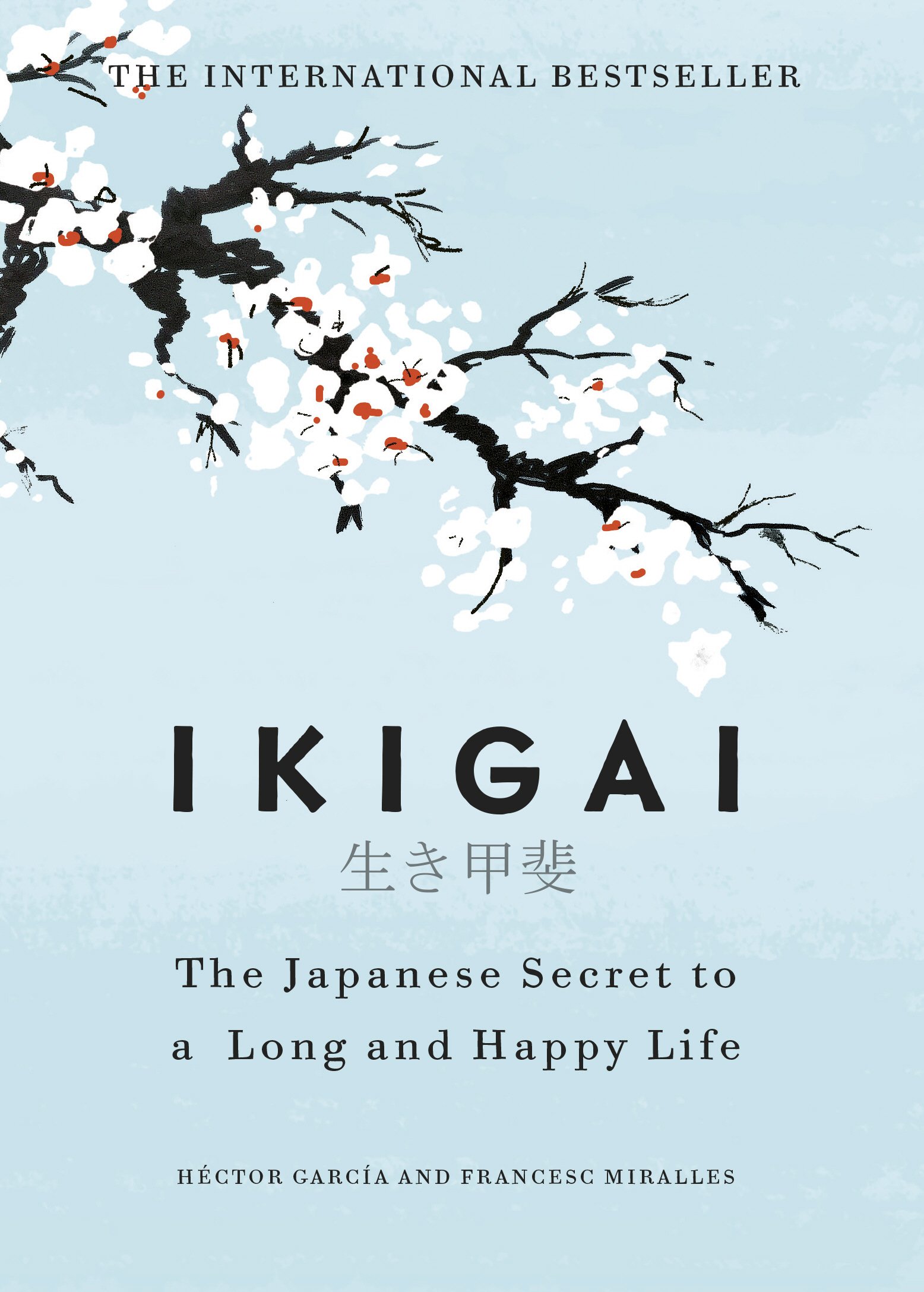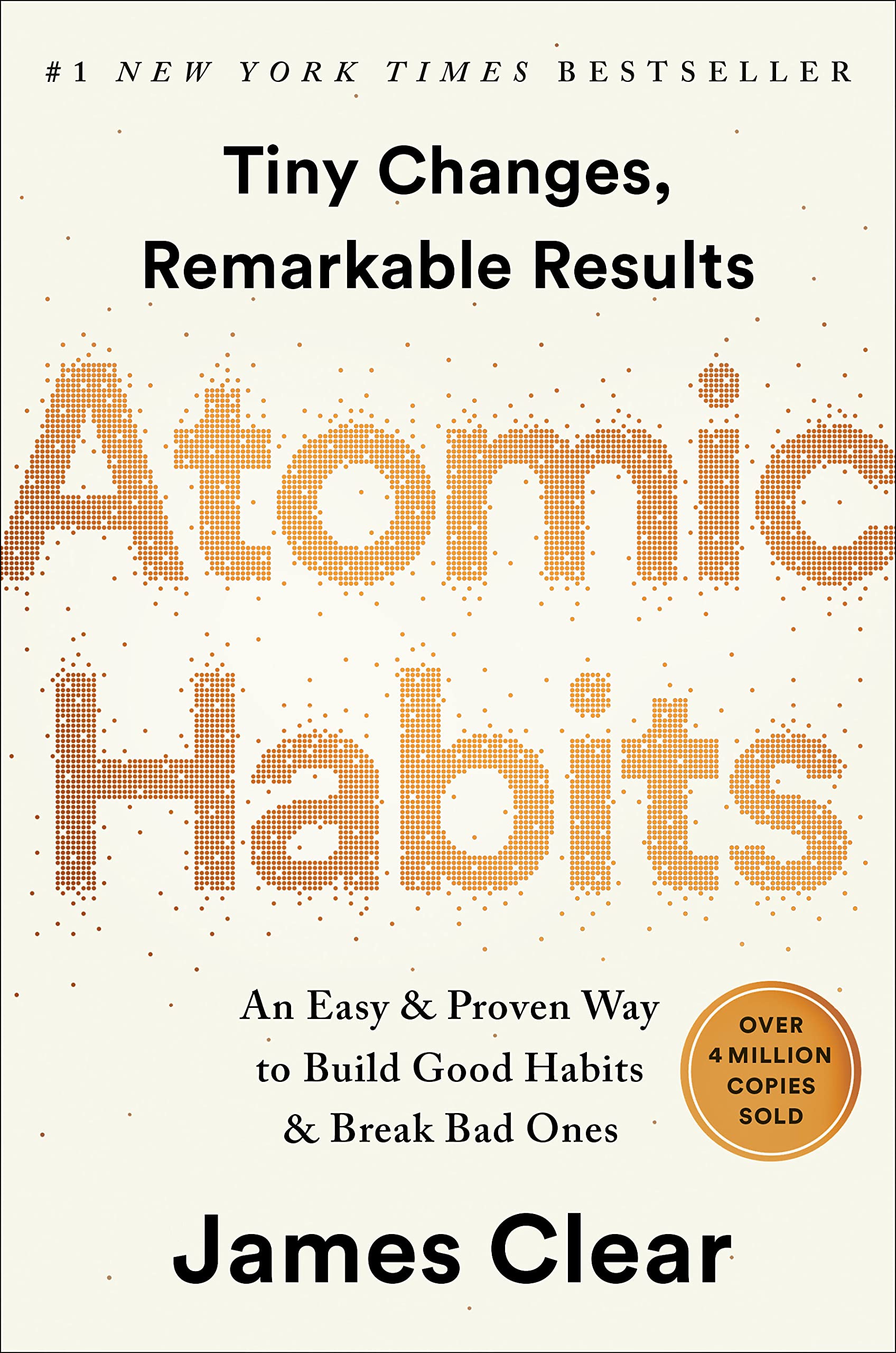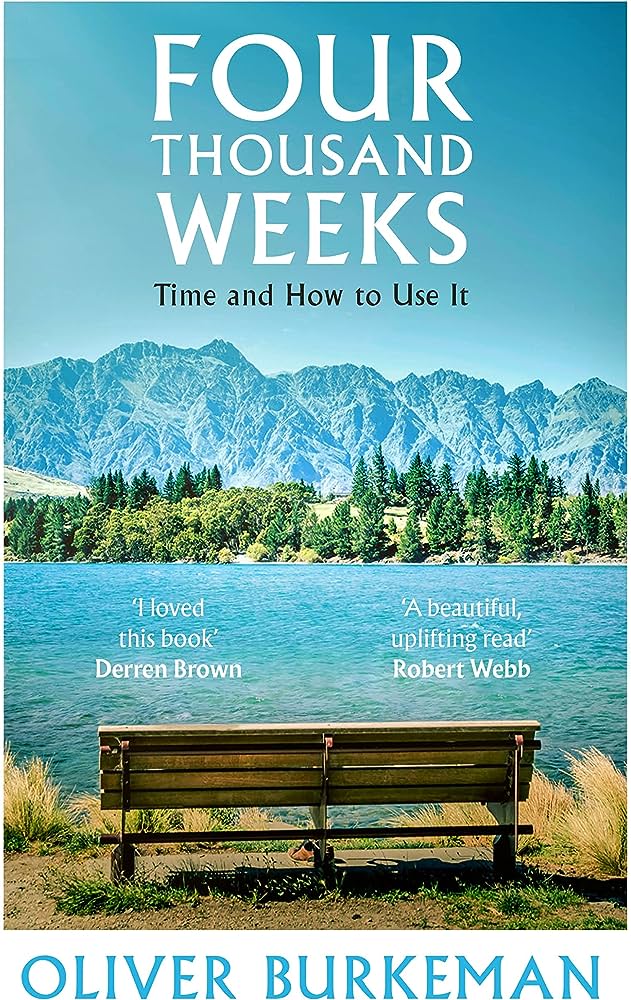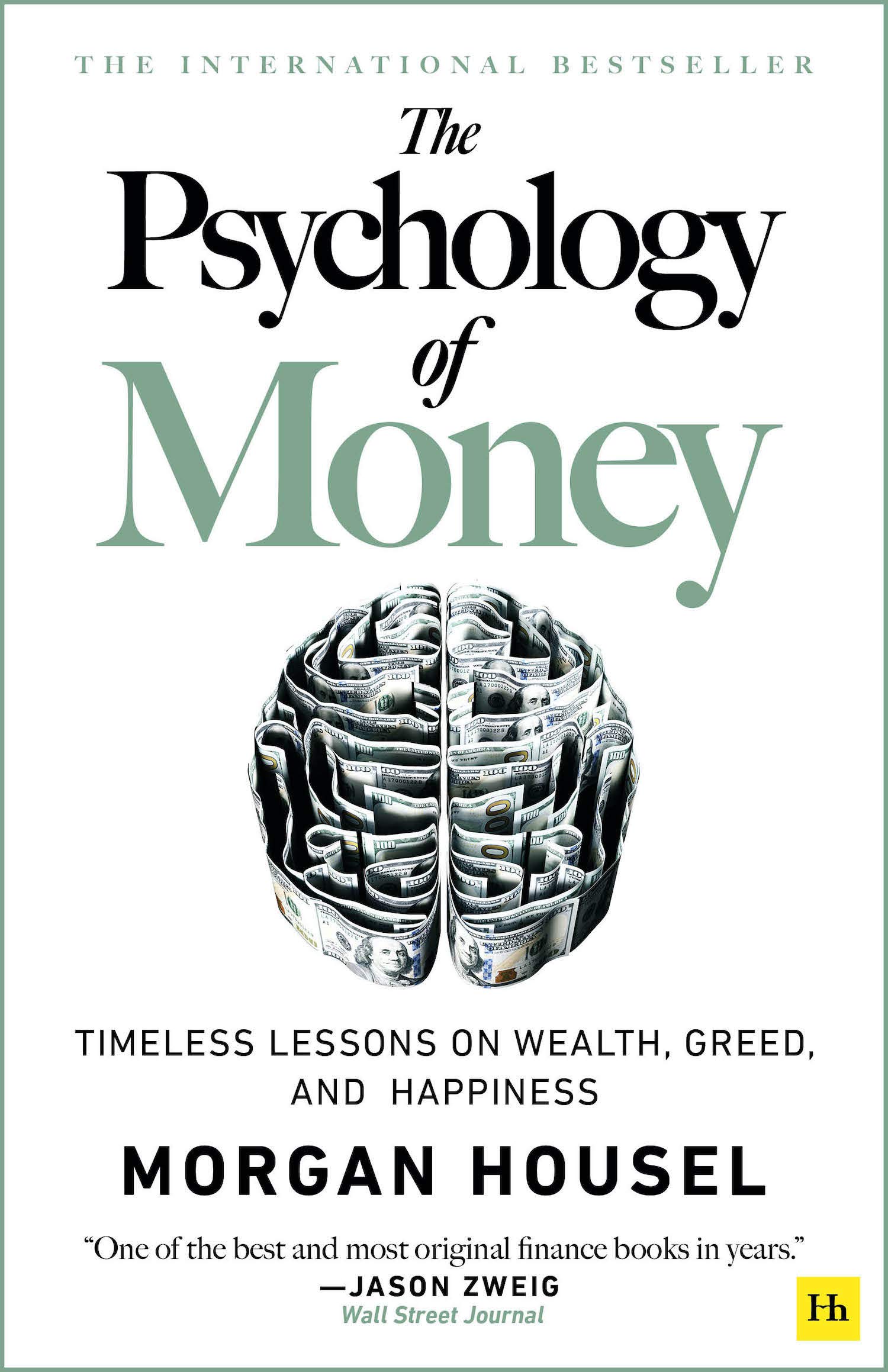Is there a secret to a long, happy, fulfilled life?
Ikigai by Héctor García & Francesc Miralles is partially a book about happiness and part about the group of practices associated with the longevity of people in Japan.
The central theme is one of continued moderation in all domains of life: having a passion/contribution/work that goes on into your 90s, but not working excessively hard; always being active, but no need for extremely strenuous exercise; enjoying food, but never eating until full.
Some points:
- Ikigai can be defined as “The happiness of always being busy”, somewhat akin to logotherapy (the psychotherapy that helps people find purpose in their life to alleviate mental suffering)
- It is inside all of us and must be found
- Stopping eating when feel 80% full is one of the traits associated with longevity in blue zones
- The authors mention the concept of acknowledging and accepting your emotions, then changing how you feel through actions
- Naikon introspective meditation: what have I received from person x? What have I given to person x? What problems have I caused person x?
- Achieving flow state demonstrates your ikigai: appropriate difficulty, defined goal/challenge, concentrate on single task, and feedback on performance
- Using the Pomadero technique help keep on task and therefore in flow
- Higher proportion of time in flow state correlates with feelings of contentment
- Look for ‘micro-flow’ in small mundane tasks (e.g. doing the washing up)
- It is in routine of business that we most often achieve flow so focus on the process in routine rather than the outcome
- Celebrate at all opportunities e.g. birthdays, anniversaries, any excuse
- These individuals have very strong social networks and take all chances to say hello to people
- They demonstrate resilience through both Buddhist/stoicism attitudes of preparing for negative events, remaining in the present, seeing beauty in change, and being antifragile by having multiple sources of identity/income.
There was a lot of discussion of factors that I would consider to be correlated with outcomes, rather than causal, especially around dietary intake. The book also had less of a clear, unifying theme than I had originally hoped.
Useful links:




